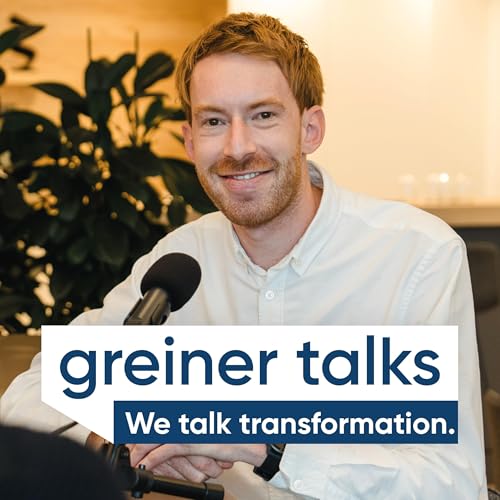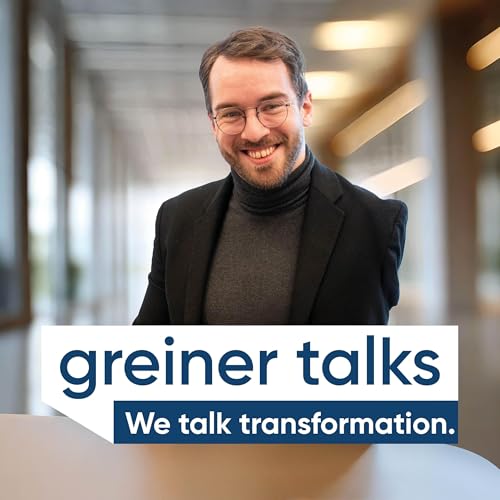The shift from management to leadership
Tom Venning is a business trainer, facilitator and coach specializing in B2B Sales, Leadership, and Change. For him, the rise in conversations about leadership and purpose-driven leadership isn't just a trend, but a response to a deeper need of reason and security. But what is leadership, really? Tom Venning defines it simply: “Getting people to do what you want them to do – because they want to do it.” Importantly, this has nothing to do with job titles. Leadership, in his view, isn’t about hierarchy but about influence.
Resistance, engagement and navigating unpredictability
Change, of course, often brings resistance. But Tom Venning sees resistance not as a problem, but as a signal: “When people say no, it means they’re engaging. They’re drawing a boundary, saying, ‘This matters to me’. That’s far better than a fake Yes.” He encourages leaders to approach resistance with openness. People resist change, he argues, not just because they don’t understand it – but because the current state feels more real and tangible than a vision of the future. One of the simplest tools to change that? Questions. The most powerful thing leaders can do is ask simple, high-quality questions.
Tom Venning’s own journey is full of unexpected twists – quite literally. Years ago, he started building a sailing boat. It took two decades to finish. “In the end, it became a gift from my younger self. I set off down the Danube and learned to navigate not just water, but unpredictability,” he shared. His lessons: We don’t always need a detailed plan. What we need is a clear sense of why we’re doing something, and the resilience to adapt along the way.
Cultivating curiosity and courage
If there’s one competency Tom believes leaders must strengthen, it’s curiosity. “It’s the gateway to deeper understanding, creativity, and even resilience,” he said. Resilience no longer means returning to the old normal. It’s about staying grounded – even excited– in a world that constantly shifts beneath our feet. For him, good leadership is about respect. It’s about listening, observing, and helping others grow so that together, we can create something bigger than any of us could alone.
“Curiosity is the gateway to deeper understanding, creativity, and even resilience.” - Tom Venning
At Greiner, where transformation is both a challenge and a necessity, these insights couldn’t be more relevant. Our company has existed for over 155 years – and we aim to be here successfully for another 155 years.
Curious to hear more? Listen to the full episode now!
 2025/12/1820 分
2025/12/1820 分 2025/11/2619 分
2025/11/2619 分 2025/08/1921 分
2025/08/1921 分 2025/07/2921 分
2025/07/2921 分 2025/05/0116 分
2025/05/0116 分 17 分
17 分 23 分
23 分 2024/12/1116 分
2024/12/1116 分
